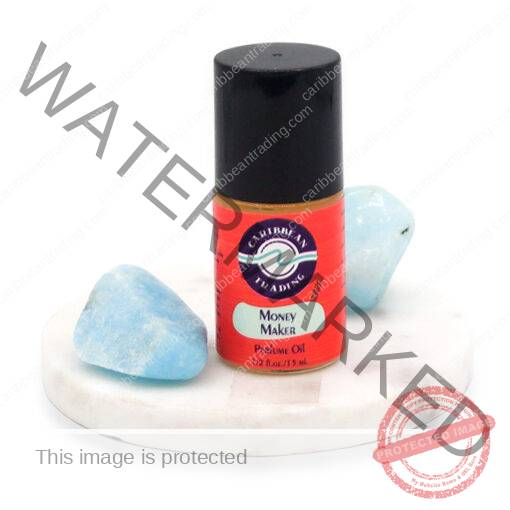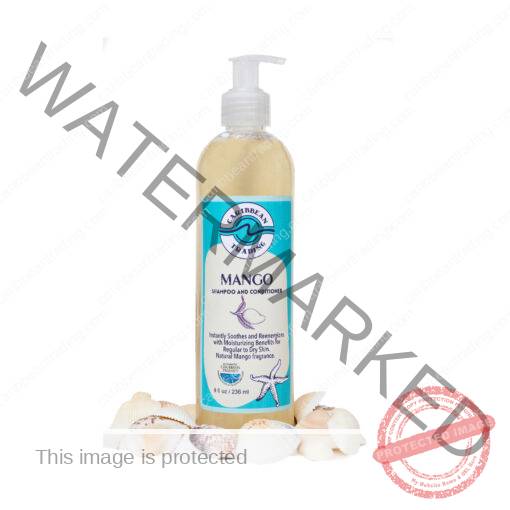Caribbean Travel Tips
How to Manage Your Money on Your Trip in the Caribbean
The Caribbean is a region made up of stunning islands, each with its own culture, rhythm, and way of life. Whether you’re lounging in a luxury resort in Saint Lucia or backpacking across several islands, one challenge remains constant: managing your money effectively while on the road.
Financial planning while traveling can feel tedious, but it’s essential to enjoy your trip stress-free. In the Caribbean, this means understanding local currencies, knowing when to use cash versus cards, leveraging digital tools, and even considering newer options like cryptocurrencies. In this guide, we’ll walk you through practical steps to make your money work for you during your Caribbean escape.
Understanding Caribbean Currencies and Exchange Rates
One of the first things to grasp when traveling in the Caribbean is that not all islands use the same currency. Some have their own national currencies, while others use the U.S. dollar either officially or unofficially. For instance, while Puerto Rico and the U.S. Virgin Islands use the U.S. dollar, countries like Jamaica use the Jamaican dollar, and the Eastern Caribbean dollar is shared by several smaller islands.
This variety can make budgeting a bit tricky. Before your trip, take time to research the official currency of the islands you’ll visit. Use a reliable currency conversion app to monitor exchange rates in real-time. Converting your money at airport kiosks or tourist areas might be convenient, but it usually comes with less favorable rates. It’s smarter to exchange a small amount beforehand and seek out local banks or authorized exchange offices once you arrive.
When and How to Use Cash
Cash remains widely used throughout the Caribbean, particularly in small towns, rural areas, local markets, and with independent vendors. Even in more developed tourist areas, some small businesses or taxis may only accept cash. For this reason, carrying cash—especially in small denominations—is a wise move.
However, traveling with large amounts of cash poses a risk. It’s best to divide your money into smaller portions and store them in separate places, such as your wallet, suitcase, and hotel safe. Only carry what you need for the day, and keep an eye on your surroundings when making transactions. Most Caribbean locals are friendly and honest, but petty theft in tourist areas does occur.
Using Credit and Debit Cards Safely
Credit and debit cards are accepted in many hotels, restaurants, and shops across the Caribbean, particularly in cities and popular tourist destinations. Still, it’s important to manage expectations. Not every place will accept cards, and even when they do, some merchants may charge a small fee for card payments.
Visa and Mastercard are the most widely accepted networks, while American Express is less common. Before you travel, inform your bank or card provider of your travel dates and destinations to prevent them from flagging your purchases as suspicious activity. It’s also a good idea to travel with at least two different cards in case one gets lost or compromised.
Be wary of dynamic currency conversion (DCC), a process where merchants offer to charge you in your home currency instead of the local one. While it may seem convenient, DCC often includes unfavorable exchange rates and hidden fees. Always opt to pay in the local currency when given the option.
Accessing Cash Through ATMs
ATMs are generally available in Caribbean cities, airports, and resort areas, but they can be scarce in smaller towns or remote islands. If you plan to rely on ATMs, locate a few before traveling or ask your hotel for the nearest options upon arrival.
When using ATMs, choose machines located inside banks or in well-lit, secure areas. ATMs attached to convenience stores or gas stations may be more susceptible to card skimming. Also, be aware of both local ATM fees and those charged by your home bank. Some international-friendly banks offer fee reimbursements, so check your policy beforehand.
If possible, withdraw larger amounts at once to reduce fees, but balance that with the risks of carrying too much cash.
Digital Wallets and Mobile Payment Apps
Digital payments are slowly gaining popularity in the Caribbean, though adoption is not as widespread as in North America or Europe. In larger cities or upscale resorts, you may be able to use Apple Pay, Google Pay, or Samsung Pay. These methods are especially convenient because they reduce your need to carry cards or cash and are generally considered secure.
That said, many smaller vendors and local establishments may still operate on a cash-only basis. Even where mobile payment is technically possible, connectivity issues can arise, especially on remote islands or during storms that affect internet access. Before relying on a digital wallet, test it in advance and ensure it’s connected to a credit or debit card that doesn’t charge international transaction fees.
In some cases, you may be able to use apps like PayPal to pay for tours or accommodations, particularly if you’re booking directly with property owners or guides. Always check in advance which payment methods are accepted, and keep a backup plan in case mobile payments fail.
Exploring Cryptocurrencies as a Payment Option
The rise of cryptocurrencies has opened new opportunities for digital travelers, and the Caribbean is no exception. While crypto acceptance is not yet mainstream, several islands—particularly those with a strong tech or tourism presence—are becoming more crypto-friendly.
Puerto Rico, for example, has emerged as a popular destination for crypto investors and entrepreneurs. A growing number of restaurants, service providers, and tour operators in San Juan and beyond accept Bitcoin, Ethereum, and other digital currencies. Similarly, in the Bahamas, there is interest in both decentralized currencies and the Sand Dollar, a government-backed digital currency launched in 2020.
If you’re planning to use crypto during your travels, it’s wise to prepare your digital wallet ahead of time. Load it with the currencies you intend to use, and always verify with vendors whether they accept crypto and through which platforms. Ethereum is one of the most versatile currencies for travel, but network fees can be high. To simplify the process, you can buy ETH with Google Pay before your trip, ensuring you have quick access to funds without relying on a bank or card provider abroad.
Even if you don’t plan to use crypto for purchases, having it as a backup source of funds can be useful. Keep in mind, however, that some islands may have limited internet connectivity or regulatory restrictions, so crypto should complement your financial plan—not replace it.
Budgeting Your Trip to Avoid Overspending
Traveling in the Caribbean can be as budget-friendly or luxurious as you like. But whether you’re staying in a beachfront villa or backpacking between hostels, keeping track of your expenses is key to avoiding surprises.
Start with a daily budget and break it into categories: lodging, food, transportation, activities, and emergencies. Use budgeting apps like Trail Wallet or Spendee to track your expenses in real time. If you prefer spreadsheets, tools like Google Sheets or Notion are great for creating customized budget templates.
Be mindful of hidden costs—import taxes can make everyday products more expensive, and inter-island flights or ferries can quickly add up. Also, tipping is customary in many Caribbean countries, especially in restaurants and for services like taxi rides and hotel staff.
Planning for Emergencies and Financial Backups
No matter how well you plan, emergencies can happen. Having a financial safety net will allow you to handle issues like lost cards, unexpected fees, or medical emergencies with less stress.
Carry at least one backup credit or debit card, and keep it in a separate bag or pouch from your primary wallet. Store emergency cash in U.S. dollars, as it’s widely accepted across many islands. It’s also wise to keep contact information for your bank and card providers in case you need to report a lost or stolen card.
Lastly, consider purchasing travel insurance that includes financial coverage and assistance in case you need emergency funds or support while abroad.
Final Thoughts
Traveling through the Caribbean offers unforgettable memories, but financial preparedness will make the experience even smoother. Understanding how money works in the region—whether it’s through cash, credit cards, mobile apps, or even Ethereum—will help you stay confident and flexible.
From small local vendors to cutting-edge crypto adopters, the Caribbean is evolving. With the right mix of traditional and digital financial tools, you’ll be free to focus on what truly matters: exploring, relaxing, and enjoying paradise.







